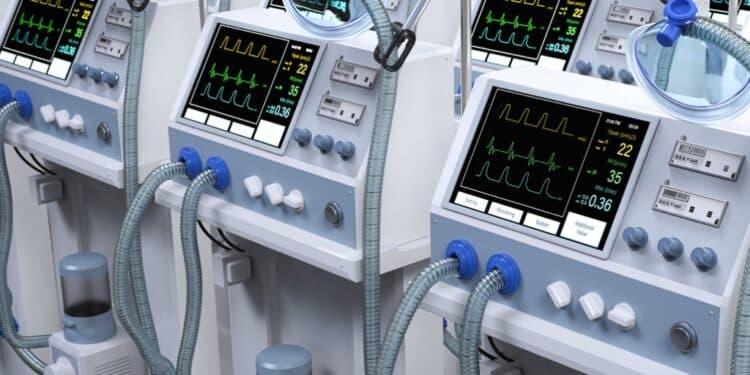A Pittsburgh-based medical device manufacturer, Philips RS North America (formerly Respironics Inc.), will pay over $24 million to resolve allegations that it paid kickbacks that impacted federal healthcare programs. The case was brought on by a qui tam, or whistleblower, lawsuit filed by Jeremy Orling, an employee of Respironics. For his role in the case, Orling will receive a $4.3 million award.
According to the settlement agreement, Orling filed a qui tam action on October 29, 2019, in the U.S. District Court for the District of South Carolina. The qui tam provisions of the False Claims Act enable private citizens to file lawsuits on behalf of the government if they know of an individual or company defrauding the government. Qui tam whistleblowers are eligible to receive between 15 and 30% of the government’s recovery, if one occurs. In this case, the U.S. government intervened in the whistleblower’s case and conducted the investigation.
In his complaint, Orling alleged that “Respironics knowingly caused the submission of false claims to the United States by providing improper financial remuneration in the form of free physician prescribing data to certain durable medical equipment (“DME”) suppliers to induce them to recommend and provide Respironics’ respiration-related medical equipment to beneficiaries of Federal healthcare programs in violation of the Anti-Kickback Statute.”
The U.S. government alleged that the DME company caused claims to be submitted to Medicare, Medicaid, and TRICARE. According to the U.S. Department of Justice (DOJ) press release, “Respironics caused DME suppliers to submit claims for ventilators, oxygen concentrators, CPAP and BiPAP machines, and other respiratory-related medical equipment that were false because Respironics provided illegal inducements to the DME suppliers.” The company “allegedly gave the DME suppliers physician prescribing data free of charge that could assist their marketing efforts to physicians,” the press release states.
Per the settlement, Respironics is to pay $22.62 million to the U.S. and $2.13 million “to the various states as a result of the impact of [the company’s] conduct on their Medicaid programs.” Respironics also “entered into a five-year Corporate Integrity Agreement (CIA)” with the Department of Health and Human Services’ Office of Inspector General. Per the agreement, Respironics will have to “implement and maintain a robust compliance program that includes, among other things, review of arrangements with referral sources and monitoring of Respironics’ sales force.” According to the press release, “[t]he CIA also requires Respironics to retain an independent monitor, selected by the OIG, to assess the effectiveness of Respironics’ compliance systems.”
For his role as a whistleblower in this case, Orling will receive $4,297,800.00 “plus 19 percent of the applicable interest,” the settlement agreement describes. Respironics will also pay $555,000 for Orling’s “reasonable expenses, attorneys’ fees and costs.”
Whistleblowers are key to uncovering corruption and misconduct in the healthcare industry: fraudulent schemes can be particularly harmful to patients and erode trust in the medical system. In Fiscal Year 2021, qui tam whistleblowers helped the DOJ recover $1.6 billion in settlements. The DOJ highlighted health care fraud as “the leading source of the department’s False Claims Act settlements and judgments.”




